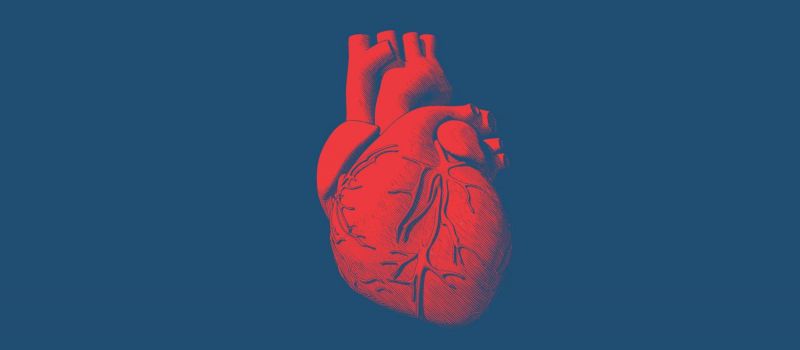Warning signs of congestive heart failure
By Canada Cloud Pharmacy | Published Wednesday 13 January 2021

Congestive heart failure (CHF) or in simple terms, heart failure, is a progressive condition that compromises the pumping efficiency of your heart muscles. CHF is the most common cause for Americans above the age of 65 years to be hospitalized and this condition affects approximately 6,70,000 Americans every year.
CHF is a serious condition and can be life-threatening. Hence, early diagnosis and proper understanding of the signs and symptoms are essential to get prompt treatment.
What is congestive heart failure?
All organs in our body need oxygen and nutrients to perform the daily functions. Our heart is responsible for a healthy blood supply to the organs. In CHF, over time, owing to different reasons, blood flows at a slower rate than that needed by the body. Eventually, the heart muscles become weak. As a result, the muscles of the heart’s wall stretch or thicken to maintain the normal blood flow. The kidneys get burdened and fluid starts accumulating in the feet, hands, lungs thereby "congesting" the body.
Your body will manifest typical symptoms which ultimately lead to CHF. Although the condition does not mean that your heart stops working, it affects the pumping efficiency of the heart.
What are the common causes of CHF?
The following conditions damage the heart muscles and may result in CHF:
• Coronary artery disease: Blocked arteries are unable to carry oxygenated blood to the heart.
• Heart attack: A blockage of the coronary artery may cut off blood supply to a part of the heart affecting the working of the muscles.
• Cardiac myopathy: Some infections, drug or alcohol abuse may damage heart muscles.
• Medical conditions: Health problems such as kidney disease, diabetes, damaged heart valves, high blood pressure may also affect the pumping of the heart.
What are the typical signs and symptoms of CHF?
You may notice some symptoms at an early stage, while other symptoms arise only when the condition worsens.
• Fatigue: People with CHF might experience fatigue while performing their routine activities. You may feel exhausted while climbing stairs, doing groceries, or walking. This happens as the heart is not able to pump enough oxygen-rich blood to the organs.
• Edema: You may experience swelling in the hands, ankles, feet, around the abdomen. As the blood flowing out of the heart is affected, the blood backs up in the organs and the excess accumulates to produce swelling.
• Weight gain: Excess fluid accumulation may also result in unintentional weight gain.
Warning signs on worsening of the condition:
• Breathlessness at rest or while exercise: Pulmonary veins return the blood from the lungs to the heart. With a compromised heart in CHF the blood backs-up in the veins. It may accumulate in the lungs causing shortness of breath even while you are at rest.
• Persistent coughing or wheezing: Due to the build-up of fluid in the lungs, you may have constant coughing or wheezing that expels blood-stained mucus.
Warning signs indicating severe condition:
• Faster heartbeat: You may often get a feeling that your heart is beating faster than normal. This is a compensatory mechanism of your heart. It beats faster to make up for the slow rate of blood supply.
• Blue coloration of the skin: Due to insufficient oxygen supply to the lungs from the blood the skin may appear bluish.
Additionally, some people may also experience loss of appetite or fainting, difficulty in concentrating, and chest pain which may be strong indications of heart failure.
Do not ignore the warning signs of heart failure. Contact your doctor so that he/she may refer you to a cardiologist for the best treatment plan.



 Canadian Company
Canadian Company 



 Sign In
Sign In
 Home
Home 
 About Us
About Us 
 How to order
How to order 
 Products
Products 



